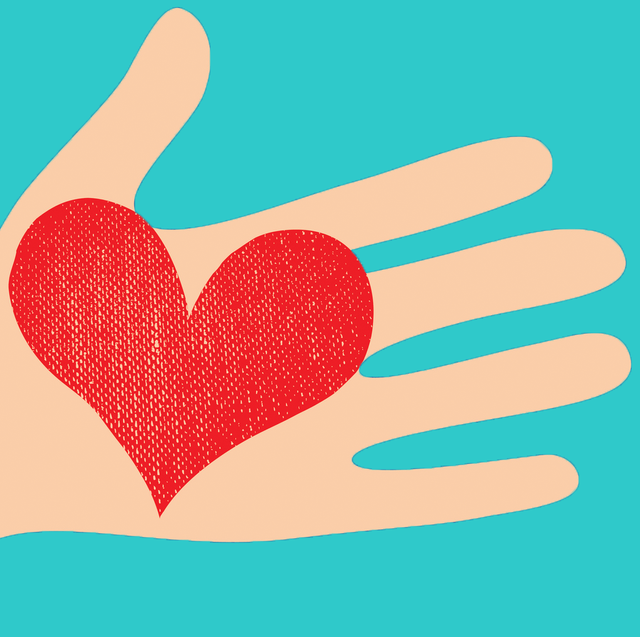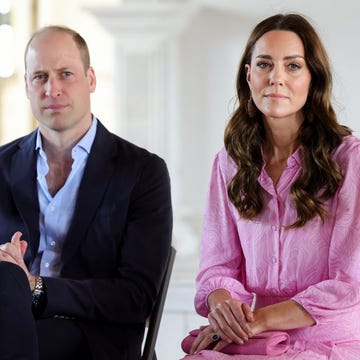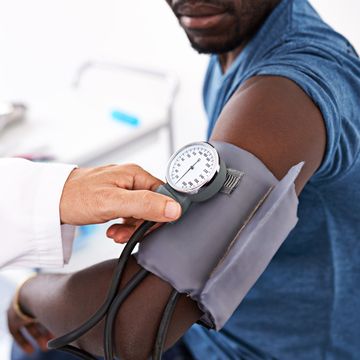There are two ways to become an organ donor: Now, by donating an organ you can live without, like a kidney; and after your death.
How to Become a Living Organ Donor
Say your best friend needed a kidney transplant and you’d gladly donate yours—but
your blood types were incompatible. You might discover that you were a perfect match for a stranger one town over. The best way to help your pal: become a link in a kidney-transplant chain.
With nearly 100,000 Americans on a waiting list for a kidney, most transplant centers now arrange for donors who aren’t matches for their siblings, spouses, and friends to pay it forward to an ill stranger. “Instead of donating to your loved one, you donate in honor of them,” says surgeon Jayme Locke, M.D., director of the Comprehensive Transplant Institute at the University of Alabama at Birmingham School of Medicine, which boasts the longest kidney transplant chain in the UnitedStates right now, with 114 participants.
What to know: The surgery is laparoscopic, and you typically go home from the hospital the next day. Within six weeks you can expect to be back to normal.
Who can donate: Almost any healthy person over 18.You don’t have to know someone who needs a kidney: An altruistic stranger kick-started the Alabama chain in 2014.
Why to do it: A new kidney instantly changes the life of a recipient suffering from kidney failure.There’s even a magical moment when donors and recipients can choose to meet. “These folks become instant family,” Dr. Locke says. “It really does restore your faith in humanity.”
How to Donate Your Organs After Death
Talk to your family about your organ-donation wishes, suggests David Mulligan, M.D., chief of organ transplantation surgery and immunology at Yale New Haven Hospital and president-elect of the Organ Procurement and Transplantation Network/United Network for Organ Sharing Board of Directors. Otherwise you may force your family to make a hard decision in a traumatic situation.
And don’t worry about your age: “Age is not an absolute contraindication to being a living or deceased donor,” Dr. Mulligan says, as organs have different levels of health and life spans.
Three ways to register to become an organ donor
- Online at the government’s Health Resources and Services Administration site.
- When renewing your driver’s license.
- With your iPhone: In the Health app, tap Medical ID, scroll to Organ Donation, and sign up with Donate Life.
This article originally appeared in the June 2020 issue of Prevention.
Support from readers like you helps us do our best work. Go here to subscribe to Prevention and get 12 FREE gifts. And sign up for our FREE newsletter here for daily health, nutrition, and fitness advice.













